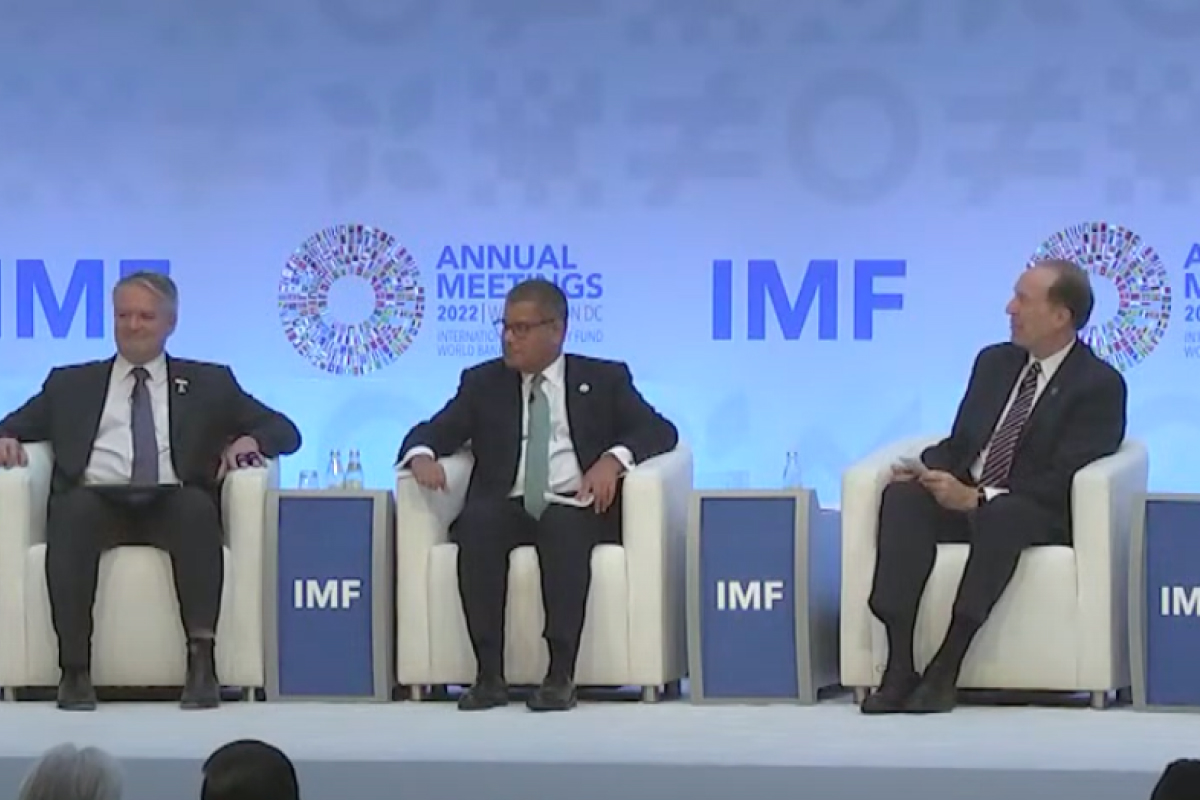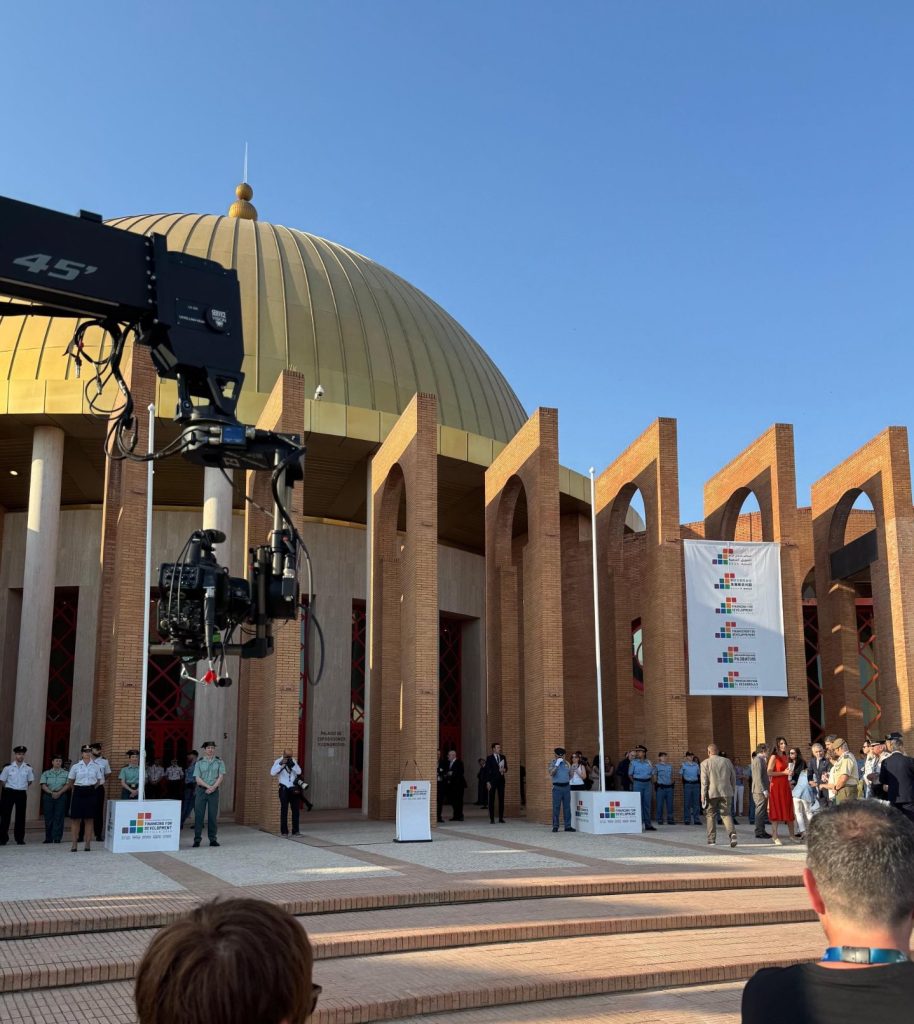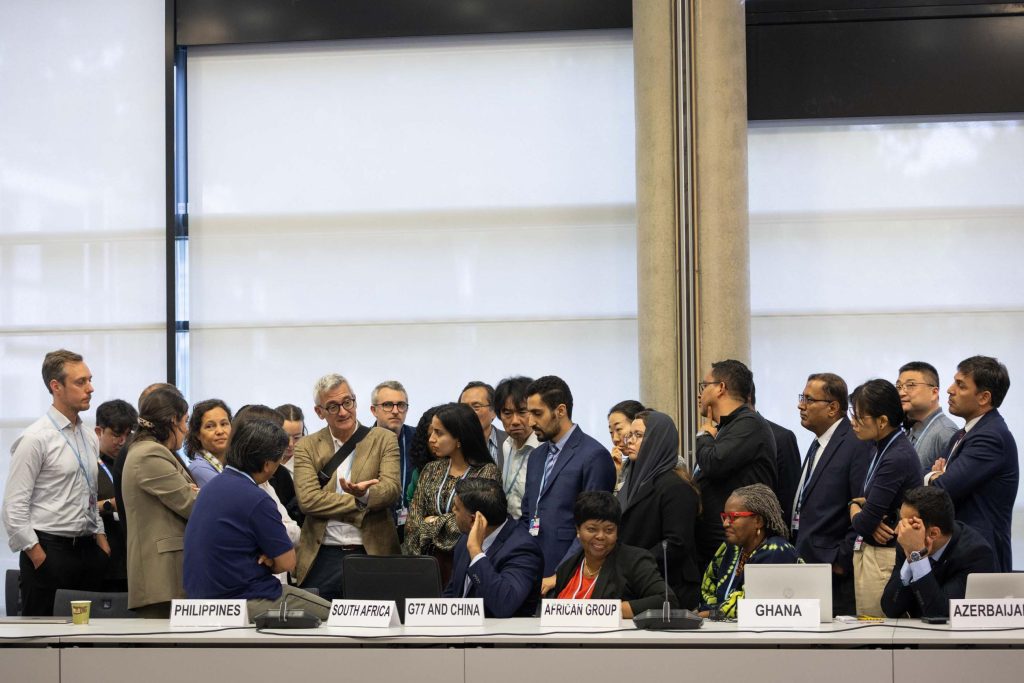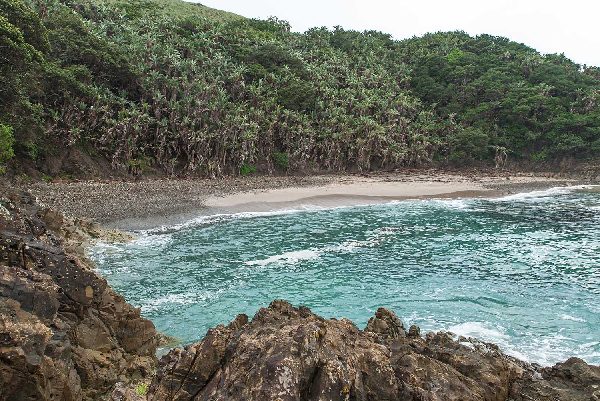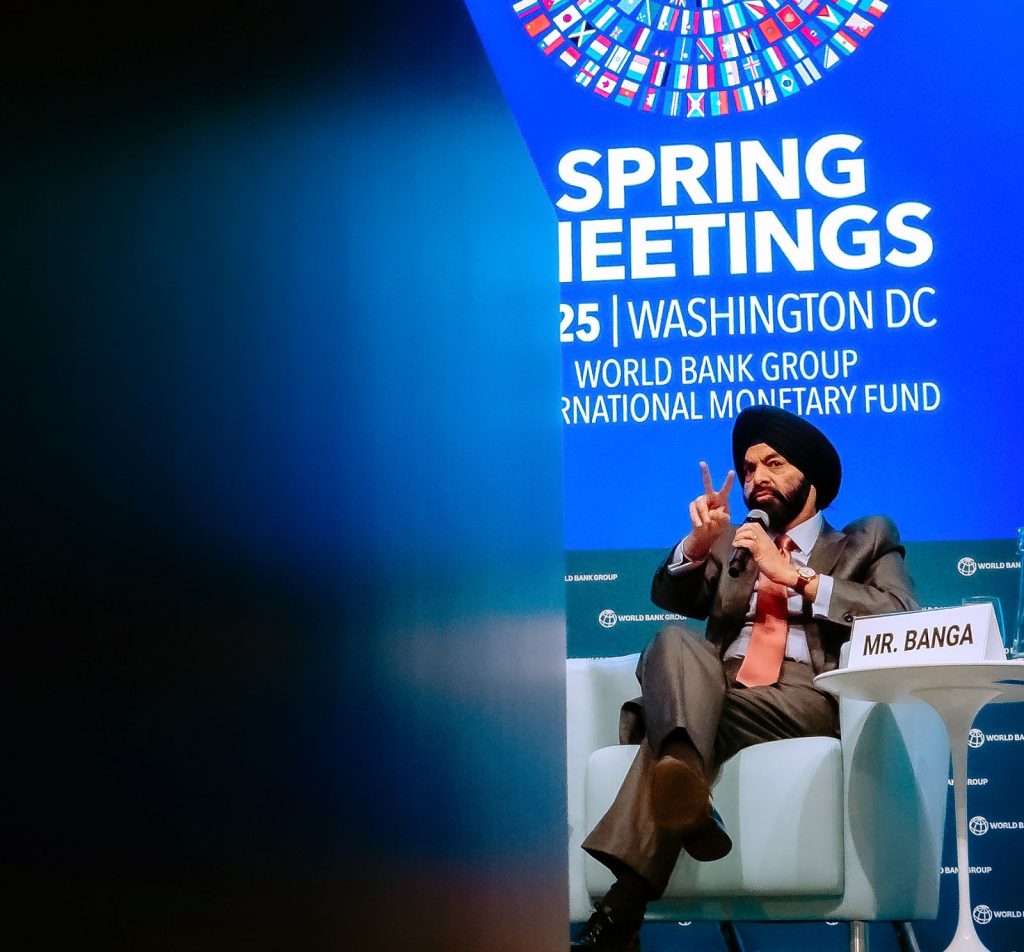Recent comments by World Bank President, David Malpass, ignited furore, when he refused to acknowledge that the burning of fossil fuels is causing climate change, claiming “I’m not a scientist”. In later interviews he then walked back the statement, stating that he was not a climate denier, but by then the climate positions of Malpass and the World Bank had already received considerable scrutiny. Former Executive Secretary of the UNFCCC, Christina Figueres, suggested on Twitter, that Malpass should leave his position, arguing that “[i]f you don’t understand the threat of #climatechange to developing countries you cannot lead the world’s top international development institution.”
The views on Malpass are representative of a broader sentiment that the Bank needs to reform, and whilst he has apologised and since sought to retract his position, they have been used as a platform for global leaders to act on longstanding frustrations with the World Bank’s role in decarbonisation. The Bank has been criticised for continuing to finance oil and gas projects and having spent US$5.7 billion between 2018 and 2020 in doing so. It has also received criticism for failing to take adequate measures to align its lending with global efforts to reduce GHGs. It has also been cited as being out of step, too bureaucratic and unwilling to invest in renewable energy and projects to help communities adapt to climate change in developing nations that the private sector finds too risky.
At the World Bank’s annual general meeting last week, German Development Minister Svenja Schulze, a governor of the bank, stated that the Bank’s “current model, which is mainly based on demand from borrowing countries, is no longer appropriate in this time of global crises.” At the meeting, Germany and the United States put forward a joint proposal for the “fundamental reform of the World Bank” to its management. According to Climate Home News, the proposal is supported by 10 major economies. Politico reports, the reforms could include “climate lending on better terms” or “targeted budget support for governments which want to pursue policy reforms to make their economies climate neutral.” The Bank has been asked to deliver a roadmap by the end of this year on how it can reform its vision, incentive structure, operational approach and financing capacities to respond to global challenges.
At the same time last week, a group of the world’s most vulnerable 20 countries floated the possibility of suspending the repayment of their World Bank loans, amounting to $685 billion. Instead they proposed redirecting these funds to climate change response measures. In effect they are asking for a debt for climate or debt for nature swap, in terms of which debt is forgiven in and invested in conservation and climate related measures.
Various other proposals are also on the table. At the G20 in July, a report containing an Independent Review of Multilateral Development Banks’ (MDBs’) Capital Adequacy Frameworks (G-20 CAF Review), put forward a package of measures aimed at unlocking “several hundreds of billions of dollars” to maximise the development impact of multilateral development banks. It explores how MDBs, including the World Bank, could use existing capital more efficiently while preserving their core financial strength. The G20 is working with members to find consensus on its recommendations and is developing a roadmap for its implementation. Prime Minister of Barbados, Mia Mottley, as also put forward a series of proposals in her ‘Bridgetown agenda’, to reform global finance institutions, including the World Bank. These entail reforms to the IMF, the implementation of the G20 CAF Review, and the expansion of lending by the World Bank and other MDBs by $1 trillion.
Further work is also being undertaken by the Africa High-Level Working Group on the Global Financial Architecture (Africa High Level Working Group). African Ministers of Finance, Planning and Economic Development within the group are asking for debt restructuring and fresh financing and liquidity. Whilst most of their proposals relate to IMF reforms, there are also those applicable to the World Bank such as making available more emergency funding through its Crisis Response Window.
In an encouraging sign, the World Bank recently announced that it intends to launch a fund at COP27 that will provide results based payments for climate related projects. The Scaling Climate Action by Lowering Emissions (SCALE) fund will provide grant payments to developing countries for achieving pre-agreed climate-related results, such as verified emissions reductions. Governments can use the funding for just transition objectives, low carbon development, or to cover part of the interest payments of projects. The Bank also intends to support governments in obtaining carbon credits for use against a national target or sale. Not only will this catalyse sustainable infrastructure projects, but it will plug a hole in the financing of projects relating to natural climate solutions based on agriculture, forestry, land-use and oceans, a climate finance area of particular relevance to African countries and which has been particularly challenging to direct funding towards.
Many African countries are already in debt distress or are about to become so. In this context, there is considerable scope to reimagine the World Bank’s role in supporting climate change, both through climate lending on better terms as well as non-climate specific reforms that free up African government fiscal space to spend on climate priorities. This includes not only debt for climate swaps but internal reforms to lending policies, concessionality, transfer of risk, and the expansion of lending capacities more generally within the World Bank. For this reason it would be important for African finance ministers to continue pursuing the work they are doing within the Africa High level Working Group, but also for African negotiation blocs to expressly support some of the proposals under the global spotlight such as the Mottley’s Bridgetown Agenda and to also take a position on the World Bank reform proposal put forward by Germany and the United States last week.

